Katsuhiko Haida
Nascimento : 1911-08-20, Honolulu, Hawaii, USA
Morte : 1982-10-26
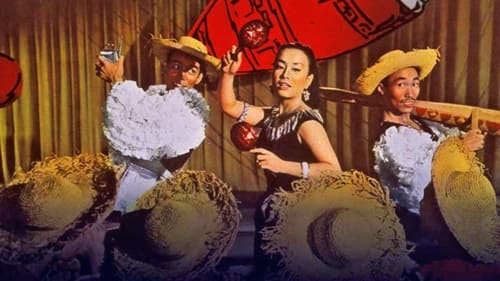
Sayuri, a young woman born to a simple life on a farm, moves to Tokyo to pursue a life long dream of becoming a singer. Through dance, music, and songs, this story shows how a girl raised on a farm was able to make her dream a reality, with the love of those around her.
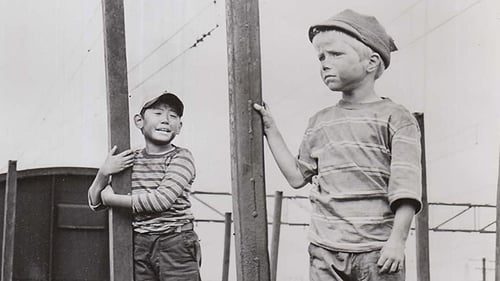
Um avião a caminho do Japão é forçado a pousar no mar perto da costa japonesa. Um pequeno menino americano sobrevive à escavação, mas é separado do resto dos passageiros e da tripulação e é levado por um pescador japonês, que leva o menino de volta à sua aldeia. O menino é ajudado pelo filho do pescador, mas quando vê a polícia japonesa invadindo a vila, eles temem que tenham feito algo errado e fugido, embora a polícia esteja apenas procurando pelo menino desaparecido. Juntos, os dois rapazes viajam pelo interior do Japão, tentando evitar que a polícia os procure e se encontre com muitos tipos diferentes de pessoas ao longo do caminho.
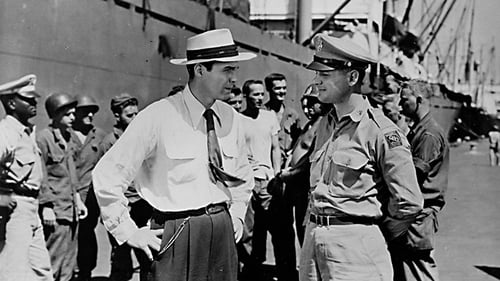
Taro Matsuto
A Communist spy ring in Japan is hard at work trying to sabotage the American war effort during the Korean War, using kidnapping, murder and a disturbed former kamikaze pilot. A U.S. secret agent, posing as a reporter, is dispatched to Tokyo to put a stop to these nefarious activities.

Shizuko Kasagi and Hideko Takamine star as young women who try to raise money for a needy old friend by becoming wandering singers who work for tips in Tokyo's Ginza nightlife district.

Based on the comic by Yutaka Asou

1946 Toho film directed by Kiyoshi Saeki
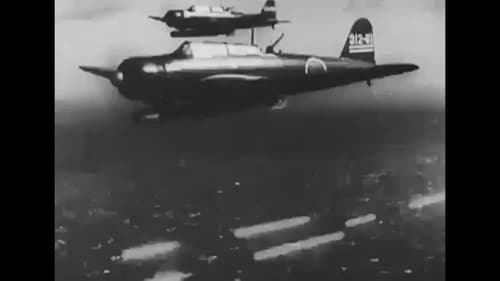
Three IJN flyers Mikami (Susumu Fujita), Kawakami (Masayuki Mori) and Murakami (Akitake Kono) are good friends, and they are all renowned for their torpedo techniques. Mikami is posted as a staff officer at a base on an island in the Pacific. Kawakami and Murakami later joins him as the base squardron is reinforced. The enemy task force approaches the island and all three of them attack the fleet, killing themselves in the process.
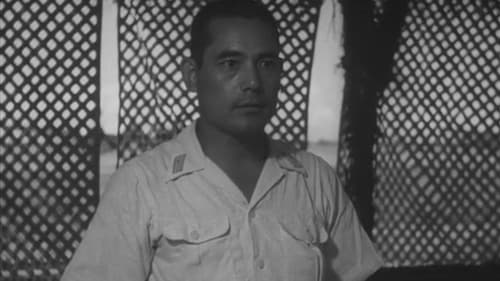
A 1944 propaganda film that depicts the fictionalised career of IJAAF pilot Tateo Kato, who led the 64th Sentai during the early months of the Pacific War. The film has scenes featuring Ki-43 fighters escorting Ki-21 bombers to attack Rangoon, where they are attacked by P-40 Warhawk and Brewster Buffalo fighters.

Goro
Hanakosan (1943, TOHO, MAKINO Masahiro), a thoroughly light and joyful musical comedy, influenced by Busby Berkeley films, against the national policy under the wartime, was made into a film from comic serials by SUGIURA Yukio published in a magazine.

The film was produced during Second Sino-Japanese War, before the Pearl Harbor Attack in 1941. The film mainly concerns the training of newly-recruited pilots and their daily life, then their subsequent fighting experiences in China. Army supported the production, providing all the authentic airplanes, training and actual actions. They even provided the older biplanes disguised as Chinese fighter planes. Obinata plays the trainer-turned-combat-leader, who is passionate and cool at the same time. All his boys love him, of course. The film is not as intense, full of sugar-coated camaraderie, until young pilots are killed in action one by one. Last twenty minutes are fairly grim, as the message of self-sacrifice is heard loud and clear.

Mr. Hitomaru, the pitcher of the Atlas
Hideko, a young Baseball fan, determined to cheer for her favourite baseball team by creating a new song for them.







